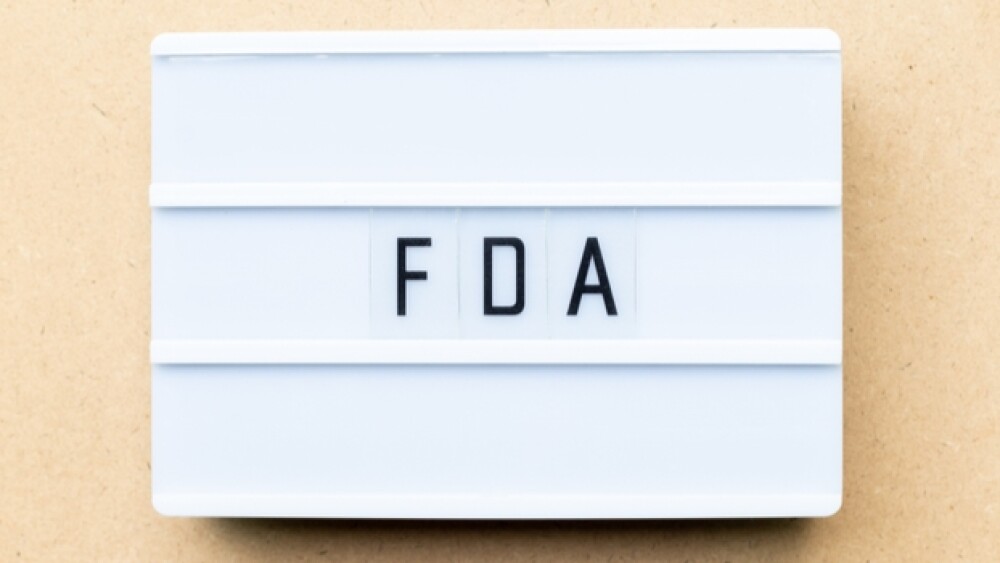The FDA said that there had been concerns over the reduced effectiveness of the Moderna COVID-19 vaccine against symptomatic disease.
Scientists from the U.S. Food and Drug Administration (FDA) are not taking a solid stance on Moderna’s request for approval to use its COVID-19 vaccine as a booster shot, citing observations on the drug’s declining efficacy.
In a 45-page document released October 14, the FDA said that there had been concerns over the reduced effectiveness of the Moderna COVID-19 vaccine against symptomatic disease, which could naturally lead to a further drop in efficacy when used against severe cases.
To determine whether a booster shot is beneficial, its impact in reducing disease relative to the primary series should be evaluated. That is, if the primary shots of the Moderna vaccine remain effective in preventing COVID-19 outcomes, then the benefit of a booster dose will likely be more limited than if the effectiveness of the primary doses has waned.
Factors that support authorization of a booster should include the effectiveness of the primary shots over time and against circulating variants, the effectiveness and duration of the booster dose in preventing hospitalization, infection, and death in those who already got the primary series, and state of the pandemic in the U.S., the risks the drug poses to the general population or particular groups.
“Some real world effectiveness studies have suggested declining efficacy of Moderna Covid-19 vaccine over time against symptomatic infection or against the Delta variant, while others have not. Overall, data indicate that US-licensed or authorized Covid-19 vaccines still afford protection against severe Covid-19 disease and death in the country. There are many potentially relevant studies, but FDA has not independently reviewed or verified the underlying data or their conclusions,” said the report.
Moderna submitted a request for emergency use authorization (EAU) for the 50 µg booster dose of its mRNA-1273 vaccine, to be given six months after the two-dose series for the primary 100 µg dose is completed for individuals aged 12 years and older. It also requested that the same booster be allowed for individuals aged 65 years and up, 18 to 64 years old and at high risk of severe COVID-19. And individuals aged 18 to 64 who are frequently exposed to the virus due to their occupation.
At present, only Pfizer-BioNTech’s COVID-19 vaccine is approved by both the FDA and the Centers for Disease Control and Prevention to use as a booster. The FDA approved administering a third shot of Pfizer-BioNTech’s vaccine for those aged 65 years and up, immunocompromised persons, individuals at high risk for severe illness, and front-line health care personnel. The booster dose is to be given six months after the second primary shot is administered.
The FDA has yet to comment further on its view on Moderna in its paper. Moderna hasn’t issued an official statement on the matter as of this writing.





